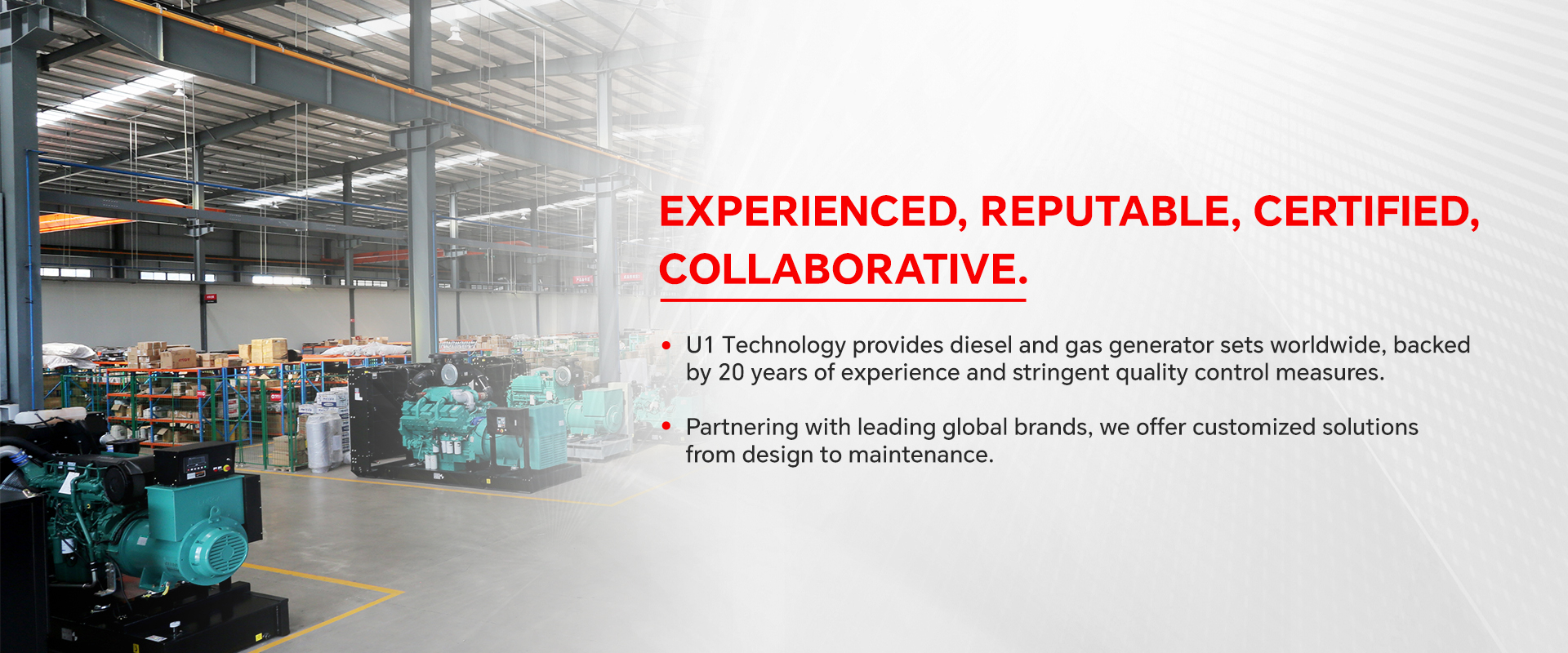In the arena of backup power generation, two prominent options be noticeable: gas main and diesel generators. In the event the power fades, along with the requirement of it will become critical, deciding on the best generator set can make a huge difference. But how do you decide between gas main and diesel generators? Each one has a unique group of benefits and drawbacks, and also the choice ultimately is dependent upon your specific needs and circumstances.

In this article, we’ll learn about the distinctive features, advantages, and disadvantages of propane and diesel generator sets, assisting you to come up with a well-informed decision where option aligns best together with your needs.
Natural Gas Generators
Advantages
Cleaner Emissions: One of the greatest attributes of natural gas generators is lower environmental impact. When gas main burns, it generates fewer harmful emissions, such as particulate matter, nitrogen oxides, and sulphur dioxide, than the diesel genset. This may cause gas generators a greener choice for those concerned with quality of air and environmental sustainability.
Cost-Effective Fuel: Gas is usually more affordable than diesel fuel. The charge savings could be significant over the long term, specifically if you intend to make use of generator frequently. Furthermore, the supply of natural gas tends to be more stable, reducing price fluctuations.
Less Maintenance: Gas main generators typically require less maintenance than their diesel counterparts. This is a result of the cleaner-burning nature of propane, which results in fewer deposits and soot buildup within the engine, extending the generator’s lifespan.
Quieter Operation: Natural gas generators are known for their quieter operation. This can be a vital consideration in residential areas and settings where noise pollution should be minimized.
Disadvantages
Limited Fuel Storage: A problem with natural gas generators is the reliance on a continuous way to obtain gas. This could be problematic during extended power outages or in remote locations a frequent gas main supply is probably not available.
Lower Energy Density: Propane features a lower energy density when compared with diesel, meaning you could possibly require a larger storage capacity or even more frequent refuelling for the similar output.
Lower Fuel Efficiency: Natural gas generators are generally less fuel-efficient than diesel generators, which could increase operational costs in the long run.
Lower Portability: Because of the requirement for an avid propane supply, these generators are less portable and versatile than diesel generators.
Diesel Generators
Advantages
High Energy Density: Diesel fuel is recognized for its high energy density. This implies diesel generators can offer more power in a smaller package, which makes them well suited for applications where space is limited.
Fuel Storage: Diesel generators hold the benefit of having the ability to store fuel for longer periods without degradation. This makes them a reliable decision for backup power in remote locations and during long-term power outages.
Fuel Efficiency: Diesel generators are known for their fuel efficiency, consuming less fuel for similar output as natural gas generators. This results in lower operational costs.
Greater Reliability: Diesel engines are generally better and durable, which can lead to greater reliability in demanding conditions. They are often the go-to selection for mission-critical applications.
Disadvantages
Emissions and Environmental Impact: Diesel generators emit higher amounts of pollutants, including nitrogen oxides and particulate matter, which could have uncomfortable side effects on quality of air and public health. Stricter emissions regulations are already performed to mitigate these complaints.
Noise Levels: Diesel generators are often noisier than propane generators, that may be a concern in residential areas or where noise pollution is often a consideration.
Fuel Availability and Cost: Diesel fuel can be higher priced and susceptible to price fluctuations. Additionally, storing bulk of diesel fuel could be safety and environmental risks.
Maintenance Requirements: Diesel generators typically want more frequent maintenance due to soot and carbon buildup inside the engine, which may boost the price tag of ownership.
When you ought to Choose Gas main Generators?
Environmental Concerns: Should you prioritize environmental sustainability and cleaner emissions, an all natural gas generator will be the best option.
Financial savings: If you’re planning to reduce fuel costs over the long term and have entry to a reliable propane supply, natural gas generators can be more cost-effective.
Quiet Operation: In residential areas or places where noise levels have to be kept low, propane generators will be the quieter choice.
More uncommon Use: In case your generator serves as a backup for infrequent power outages, the low maintenance requirements of propane generators get them to a convenient option.
When to Choose Diesel Generators?
High Power Requirements: Should you prefer a high-power output in a compact package, diesel generators, using high energy density, include the better option.
Reliability: For mission-critical applications where reliability is paramount, such as data centres or healthcare facilities, diesel generators are often preferred due to their robust and durable engines.
Remote Locations: In areas with limited usage of an all natural gas supply or during long-term power outages, diesel generators with their reliable fuel storage include the better choice.
Frequent Use: If the generator will see frequent use and you prioritize fuel efficiency, diesel generators may be more economical in the end.
Conclusion
The decision between propane and diesel generators depends upon your requirements, budget, and environmental concerns. Both forms of generators have their own positives and negatives, and also the key is to softly evaluate your requirements and priorities before you choose. Additionally, make sure you understand local regulations and emissions standards that could affect your option.
To get more information about Jenbacher spare parts browse our resource
